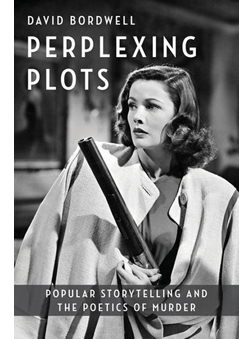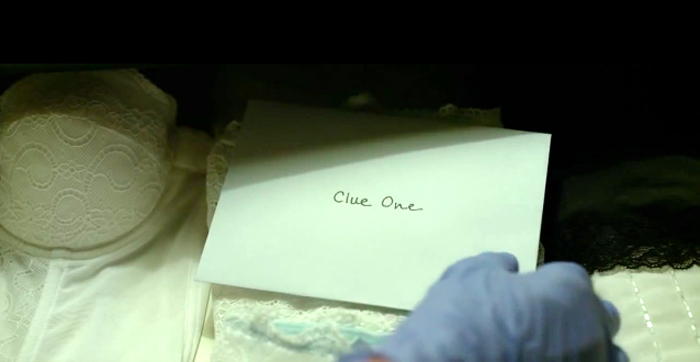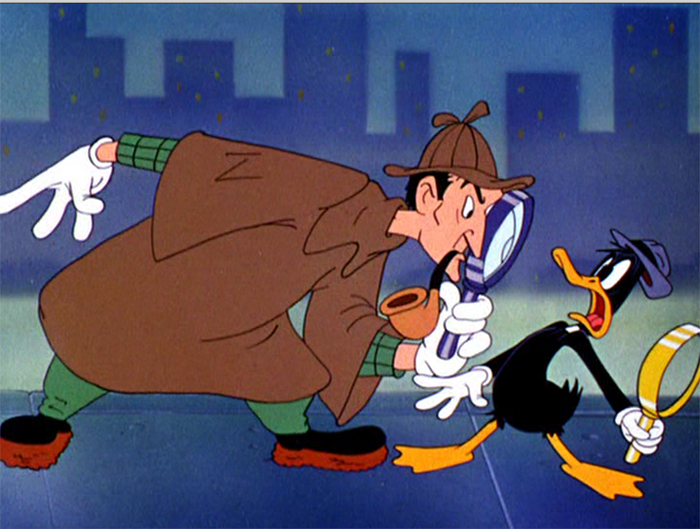PERPLEXING PLOTS now available!
Thursday | November 17, 2022 open printable version
open printable version
Gone Girl (2014).
DB here:
Like a movie rolling out on a platform release, Perplexing Plots: Popular Storytelling and the Poetics of Murder, has several “publication dates.” The official pub date is 17 January of next year, and that’s when I expected to see it. Now Amazon lists a shipping date of 1 December. But I just got my author’s copies, and I learn that the book can be bought from Columbia University Press now–at a 20% discount! (As of this writing, Amazon offers no discount.) If you’re interested, go here. To get the discount, enter CUP20 in the promo code box.
 As I indicated in an earlier entry, the book is an attempt to trace how mainstream audiences learned to understand and enjoy stories that play with linearity and viewpoint–what we now call the “New Narrative Complexity.” Except that it’s not so new. If we look at fiction, theatre, and film (even a little radio) from the nineteenth century to the present, and are willing to go beyond the canon in search of oddball experiments, we find that many of the subterfuges we associate with narrative innovation today were attempted earlier–sometimes achieving great popularity.
As I indicated in an earlier entry, the book is an attempt to trace how mainstream audiences learned to understand and enjoy stories that play with linearity and viewpoint–what we now call the “New Narrative Complexity.” Except that it’s not so new. If we look at fiction, theatre, and film (even a little radio) from the nineteenth century to the present, and are willing to go beyond the canon in search of oddball experiments, we find that many of the subterfuges we associate with narrative innovation today were attempted earlier–sometimes achieving great popularity.
I go on to argue that an important training ground for narrative gamesmanship was the realm of mystery, especially detective stories and suspense thrillers. I trace important developments in this domain and then analyze several of my favorite mystery-mongers, from Rex Stout and Donald Westlake to Patricia Highsmith and Laura Lippman. Yes, Griffith, Hitchcock, Tarantino, and other filmmakers are involved too.
I hope to devote some future blogs to filling out gaps in the book, such as discussing G. K. Chesterton’s Father Brown stories, considering Nero Wolfe’s relation to the FBI, and examining a now-nearly-forgotten mystery series that in its day sold millions of copies. And, given how Knives Out chimes with PP, I expect to have something to say about Glass Onion. In the meantime, you can check the Table of Contents and read early reactions from readers on the CUP website. Encouragingly, the book is now number 1 in Amazon’s list of new books on mysteries.
Thanks to the readers who have already expressed interest in the book!
The Great Piggy Bank Mystery (1946).















